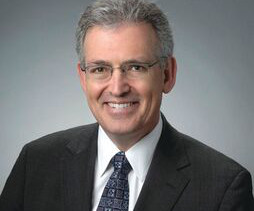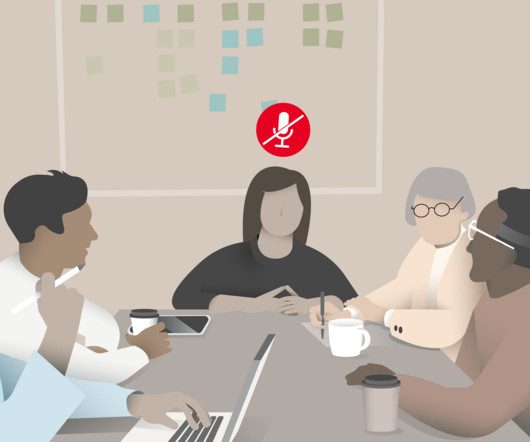From Numbers to Names: How Concierge Care is Redefining the Doctor-Patient Experience
Concierge Choice Physicians
MARCH 24, 2025
Wayne Lipton, CCP Managing Partner America’s trust in medical professionals is dwindling, according to Gallup’s annual professions rating , dropping from a high of 67% in 2021 to just 53% in 2024. For medical professionals and those working in healthcare, the article was grim. The in-between is becoming impossible.












Let's personalize your content